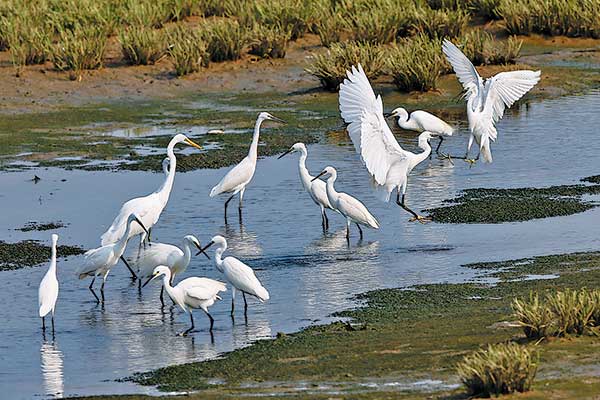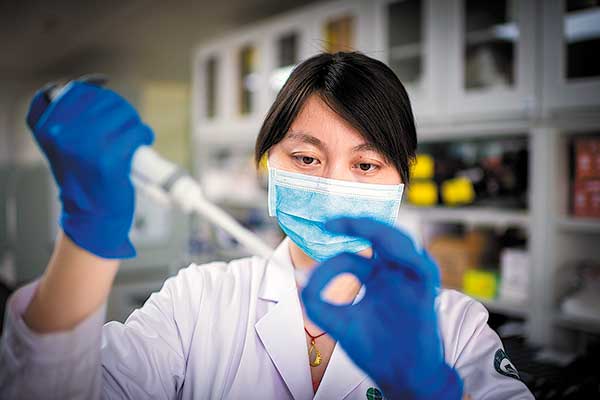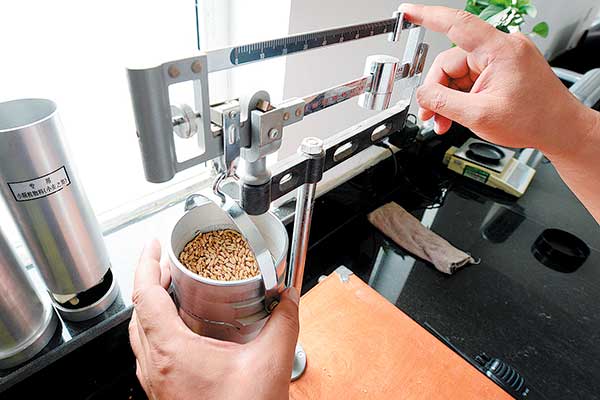Measures will help protect wetlands

China will step up regulatory control over land reclamation in its coastal areas to better protect wetlands and the marine environment, according to a notice released by the State Council on July 25.
It said new land reclamation programs will be put under strict control, and the approval of programs will be halted, unless the programs are part of a major national strategy.
For new land reclamation programs that have been approved, the reclamation should be conducted together with ecology repair measures.
Land reclamation projects that fail to obtain approval or use fraudulent methods to gain approval will be placed under investigation, and those responsible will be required to restore the coastal areas back to their original status.
The Ministry of Natural Resources, along with the National Development and Reform Commission and other departments concerned, will conduct a comprehensive survey through satellite remote sensing on the status quo of national land reclamation before the end of this year.
Any cases found to be illegal or on hold will be reported to concerned provincial authorities, resulting in corresponding punishments.
The notice also urged measures to be stepped up to protect coastal areas demarcated by the red lines, with any illegal projects in these areas set to be wiped out, in a bid to retain protected coastal areas, natural coastlines, and the sandy coastlines.
Regulation of existing coastal natural reserves will be further strengthened, and a new string of reserves, special reserves, and wetland parks will be constructed.
A set of technological benchmarks will be developed for land reclamation, featuring assessment for ecological damage, compensation, restoration work and other items.
The monitoring and investigation system for wetlands will be further improved to enable real-time monitoring of land reclamation activities.
Science to boost innovation capacity

The State Council published a guideline on July 24 to further optimize the management of science and research as part of efforts to boost the country’s key innovation capacities.
According to the guideline, the management of scientific and research programs and related funds will be optimized, with measures to cut the red tape faced by researchers and give them greater control over their personnel, finance and other resources.
The government management of scientific research will be reformed so that no repeated filing of materials is required in the national scientific and technological management information system.
Examinations, evaluations and audits of various kinds will be reduced, and researchers will be allowed to purchase professional services, such as accounting, to free them from unnecessary chores.
Researchers will be allowed to change their technical routes on the condition that their research directions and targets remain unchanged, the guideline said.
More salary incentives will be offered to researchers who take part in tasks leading to breakthroughs in key technologies, and the annual salary mechanism will be introduced for research team leaders and high-caliber talents, according to the guideline.
Grain reserves to be updated nationwide

The State Council will launch a nationwide inspection to check grain reserves, according to a notice released on July 23.
The inspection will update figures on reserves, including quality and quantity, to fore-stall and defuse risks and potential hazards, the notice said.
The inspection will cover strategic grains stored by enterprises of different types and the commodity grains placed under the reserve of State-owned grain reserve companies.
Strategic grain includes state reserves, that purchased under the minimum purchasing price policy and national temporary reserves and local reserves.
The inspection will cover five phases, starting from March next year.
Enterprises with grain reserves are required to conduct inspections by themselves before the national inspection starts.
A summary report of the inspection will be presented to the State Council by the end of October 2019, according to the notice.
